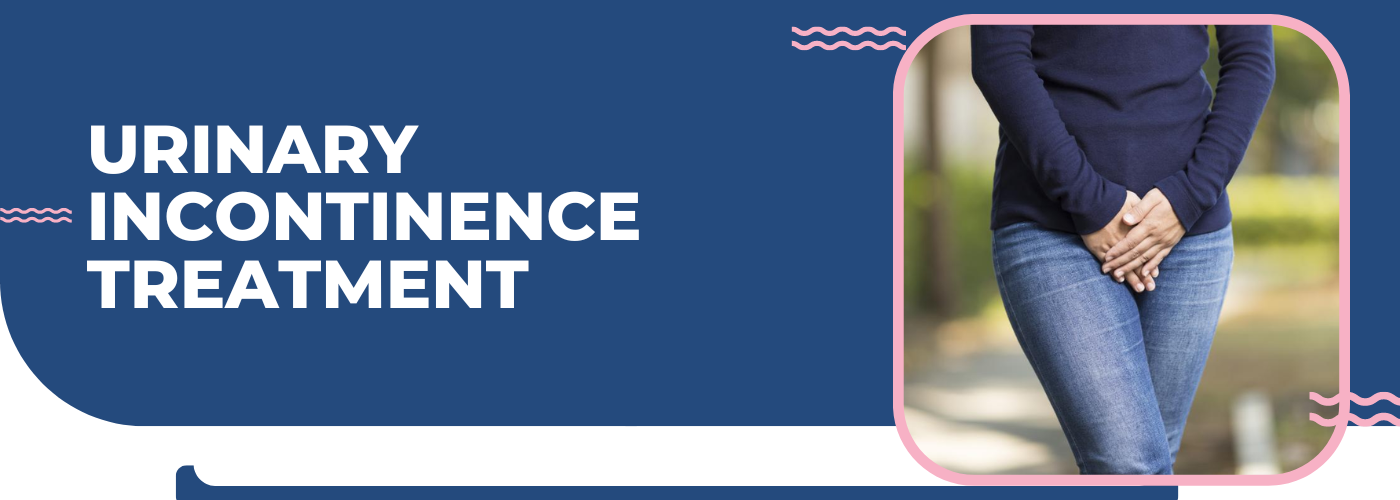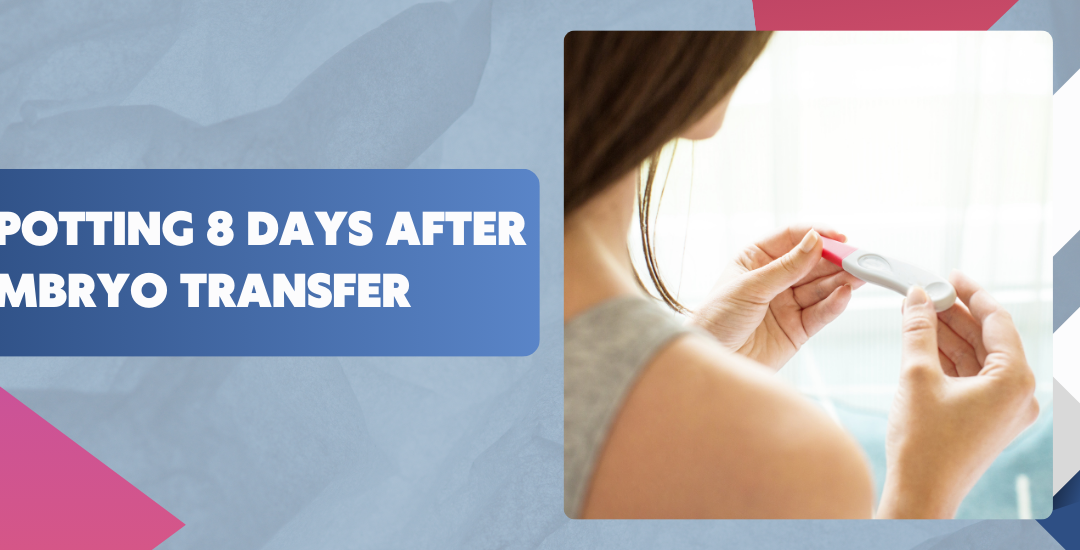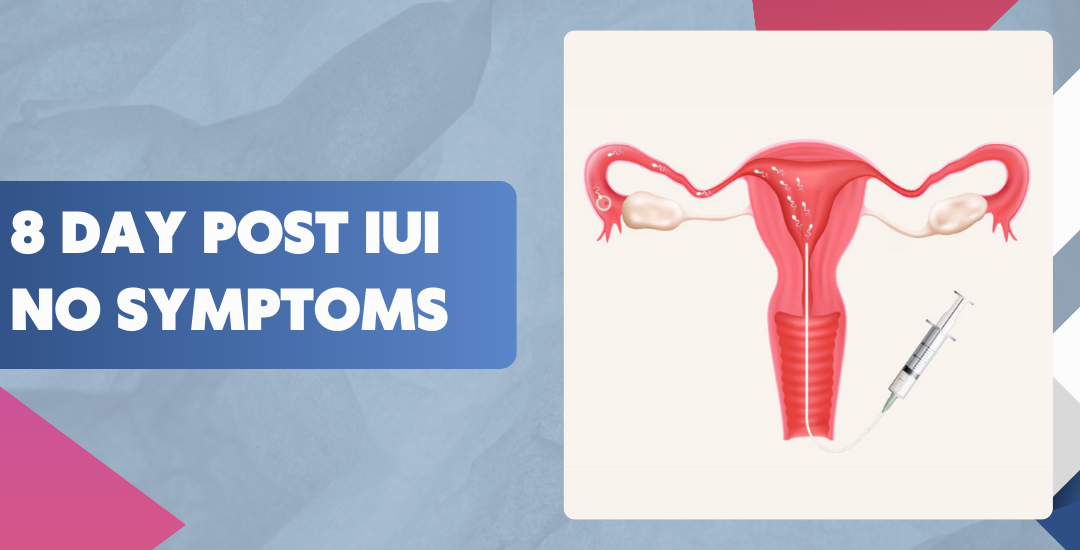
Urinary Incontinence Treatment in Vileparle, Mumbai

Urinary incontinence, or the inability to control one’s bladder, is a frequent and uncomfortable problem. The intensity might range from occasionally releasing urine when you cough or sneeze to having a sudden and severe urge to urinate that prevents you from reaching a toilet in time.
Urinary incontinence is not a natural part of aging. However, it does become more common as people become older. Doctors can treat the symptoms of urine incontinence with lifestyle and dietary adjustments and medical attention. If urine incontinence interferes with your everyday activities, visit Dr. Shweta Shah, one of the best gynecologist in Vileparle.
CONTACT US FOR MORE INFORMATION OR BOOK AN APPOINTMENT
Symptoms of urinary incontinence
Many people have minor urine leaks from time to time. Others may have a greater tendency to lose moderate quantities of urine.
Types of urinary incontinence:
- Incontinence due to stress: Coughing, sneezing, laughing, exercising, or lifting something heavy puts strain on your bladder, causing urine to leak.
- Urge incontinence: You suddenly experience a strong urge to urinate, followed by an involuntary loss of urine. It may be due to some condition like diabetes or a neurological problem.
- Overflow incontinence: Due to a bladder that does not empty entirely, you endure frequent or continual dribbling of urine.
- Functional incontinence: You cannot make it to the restroom on time due to a physical or mental issue.
- Mixed incontinence: You have more than one form of urine incontinence.
Treatment
According to your symptoms and type of urinary incontinence Dr. Shweta Shah, one of the best gynecologist doctors in Vileparle, will create a treatment plan for you. Lifestyle changes, medications, and surgery are the three primary forms of incontinence treatments available. Surgical options include sling procedure, colposuspension, and artificial sphincter.
CONTACT US FOR MORE INFORMATION OR BOOK AN APPOINTMENT
Why Choose Dr. Shweta Shah?
- Personalized care tailored to individual needs
- Experienced and dedicated team of professionals
- Commitment to staying updated with the latest advancements in women’s health
- Comprehensive services ranging from routine check-ups to complex procedures
- Supportive and understanding environment
- Emphasis on open communication and building lasting relationships
- Prioritizing patient comfort, well-being, and satisfaction

Patients Review
What our patients say about us
Latest blogs

Spotting 8 Days After Embryo Transfer
Spotting 8 days after embryo transfer can worry couples undergoing IVF. It's a crucial moment in...

Spotting 8 Days After Embryo Transfer
Spotting 8 days after embryo transfer can worry couples undergoing...

Life 5 Years after Hysterectomy: Insights & Changes
Life isn't quite the same 5 years after a hysterectomy! It's a...

Day 8 Post IUI No Symptoms
One of the most common fertility treatments is intrauterine...





















